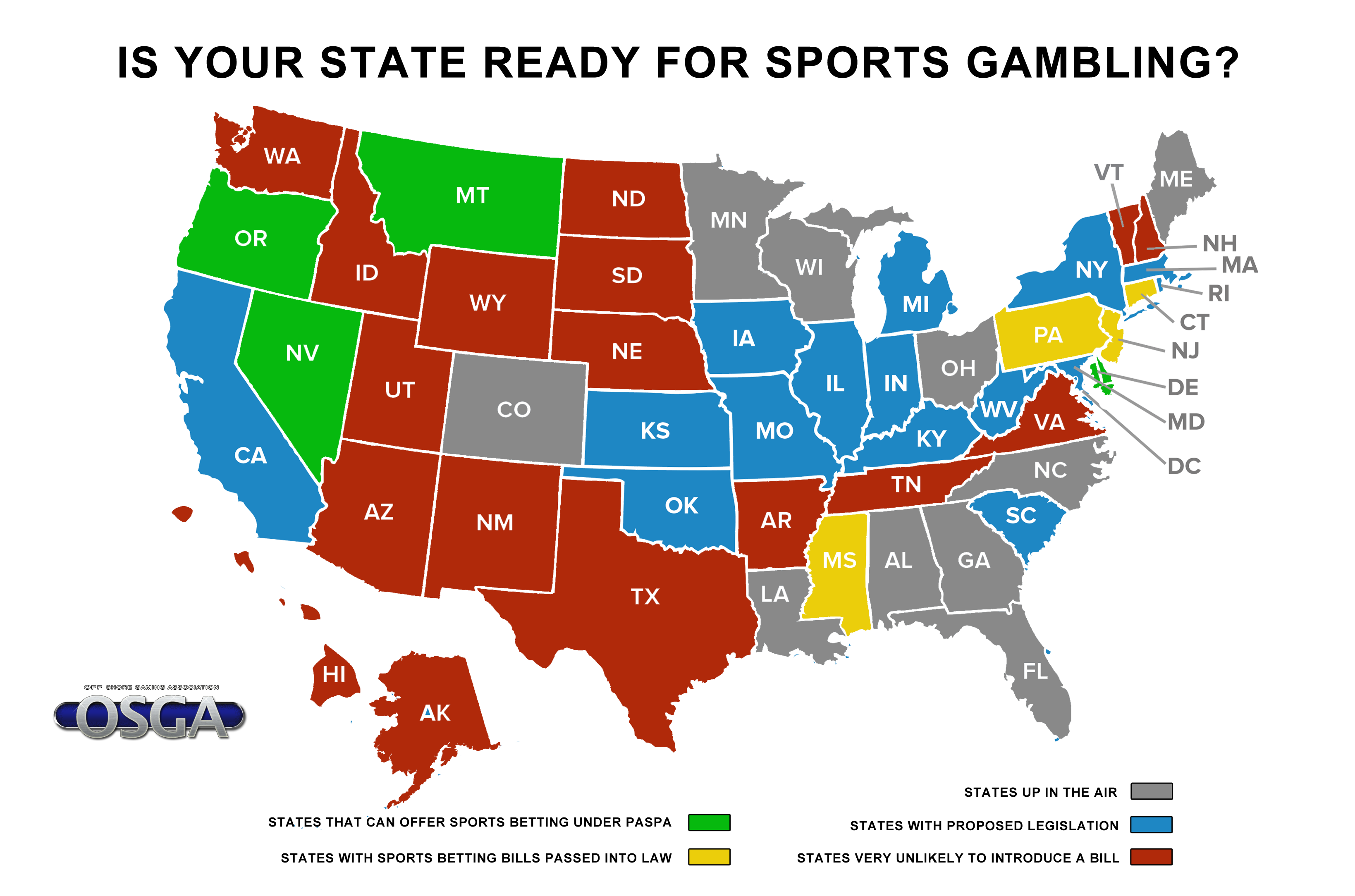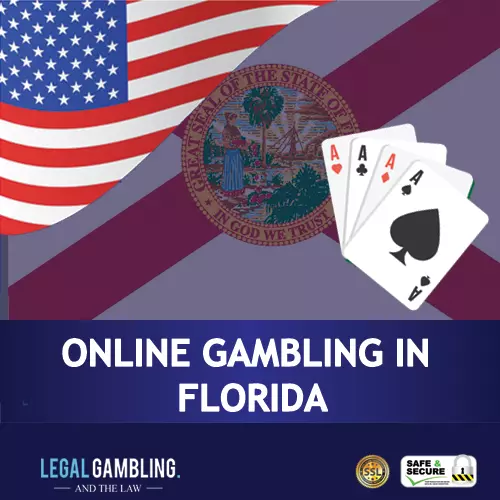West Virginia Online Gambling Despite its conservative reputation, West Virginia has emerged as one of the most ambitious states in the US when it comes to modernized gambling. Land-based casinos have been legal since 2007, though slot machines (considered “video lottery terminals” by the state) have been around for longer.
- States Online Gambling Is Legal
- Legal Online Gambling United States
- Internet Gambling Laws By State
- Online Gambling Laws By State
- Additionally, some states might have laws against commercial gambling, such as California, but without the same restrictions imposed on online casinos and sports betting. Explicitly Legal States.
- Also, each state has defined the legal gambling age differently, with some states giving the same age to all types of gambling, while others have different age limits on various activities. For example: in New Jersey, an 18-year-old can buy a lottery ticket or bet on a horse race but cannot enter a casino.
- Within a week, New Jersey became the third state to legalize online gambling, authorizing the issue of both online poker and online casino licenses to casinos in Atlantic City. In April 2013, the first legal online gambling site in the United States went live in Nevada.
- Pennsylvania online gambling has reached biggest success within public, promoting numerous events and games. It is 100% legal and secure. If Vegas is mecca for rich people, spending thousands on hotel, planes and restaurants, we can call PA online gambling is a starting point for everyone.
Thousands of Americans gamble online. But is online gambling legal? We break it down to show you what you can do, what you can't do, and what's still up in the air.

by Katherine Butler
updated September 03, 2020 · 2min read
The legality of online gambling is ever-changing. But one thing is constant: it makes a lot of money. Online gambling industry makes an estimated $1 billion dollars annually. This is a huge business, and a lot of people have cashed in on it. But it has led to some ambiguous legal issues, as the legality of online gambling is constantly being challenged.

There are differences in the legality of making bets, taking bets, facilitating payments to casinos, and advertising on websites. And there are constantly new legal challenges. So here is a breakdown of the law on online gambling.
Legal Forms of Gambling

There is no federal law against placing a wager online. So, you can legally place a bet online. However, a wager must not be placed on a site located in the United States. There is a small chance players might run afoul of state law, but there is little chance of prosecution. The only case cited where a person got into trouble with a state was in 2003. Jeffrey Trauman of North Dakota paid a $500 fine on over $100,000 of online sports bet winnings.
Sites that are set up outside of the United States are legal. Therefore, gambling on websites located in areas like Australia, the Caribbean, and Latin America is legal. Just be very clear that the site you are playing on is not based on U.S. soil.
Definitely Not Legal Forms of Gambling
It is never legal to gamble on a website based in the United States. Also, if you are planning to operate an online gambling site, stay outside of the United States. You must also deal only with casino and poker wagers (not sports bets) from people in the US. And you cannot take bets over the phone from people in the United States.
States Online Gambling Is Legal
Accepting online gambling advertising is also illegal. If you are a small publisher, you are less likely to be prosecuted, but why risk it? As of early 2009, only large and mid-size publishers had faced prosecution. In 2007, the three big search engines (Google, Yahoo, and Microsoft) each paid a fine for accepting online gambling ads, but did not face criminal charges. Other publishers, such as Esquire Magazine, have been warned by the government not to take online gambling advertising.
Legal Online Gambling United States
Facilitating the transfer of funds to online casinos is also a bad idea. As of 2006, it became illegal for American banks to process transactions originating from or directed toward any online gambling operator. Because of this, several sites then refused to take bets from American players. But as the law seems difficult to enforce, it has not turned the tide completely for American players.
Internet Gambling Laws By State
Still up in the Air

Online Gambling Laws By State
Advertisers who promote sports books in magazines and on billboards may or may not face prosecution. So far, sports books have never been scrutinized for advertising online. And online casinos, poker rooms, and sports books have never been prosecuted for buying ads.

Online casinos and operators still accept American players. And international financial parties have continued to process their transactions. The legality is always changing and there have been attempts to declare online wagering against the law, but for now, U.S. citizens who simply place bets online are in the clear.